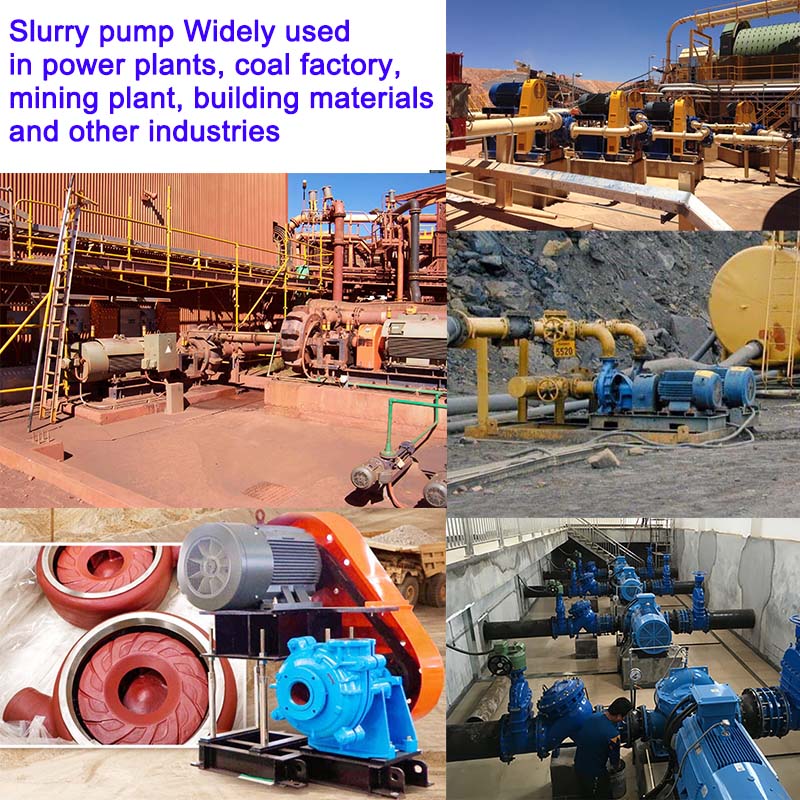Lao
- Afrikaans
- Albanian
- Amharic
- Arabic
- Armenian
- Azerbaijani
- Basque
- Belarusian
- Bengali
- Bosnian
- Bulgarian
- Catalan
- Cebuano
- Corsican
- Croatian
- Czech
- Danish
- Dutch
- English
- Esperanto
- Estonian
- Finnish
- French
- Frisian
- Galician
- Georgian
- German
- Greek
- Gujarati
- Haitian Creole
- hausa
- hawaiian
- Hebrew
- Hindi
- Miao
- Hungarian
- Icelandic
- igbo
- Indonesian
- irish
- Italian
- Japanese
- Javanese
- Kannada
- kazakh
- Khmer
- Rwandese
- Korean
- Kurdish
- Kyrgyz
- Lao
- Latin
- Latvian
- Lithuanian
- Luxembourgish
- Macedonian
- Malgashi
- Malay
- Malayalam
- Maltese
- Maori
- Marathi
- Mongolian
- Myanmar
- Nepali
- Norwegian
- Norwegian
- Occitan
- Pashto
- Persian
- Polish
- Portuguese
- Punjabi
- Romanian
- Russian
- Samoan
- Scottish Gaelic
- Serbian
- Sesotho
- Shona
- Sindhi
- Sinhala
- Slovak
- Slovenian
- Somali
- Spanish
- Sundanese
- Swahili
- Swedish
- Tagalog
- Tajik
- Tamil
- Tatar
- Telugu
- Thai
- Turkish
- Turkmen
- Ukrainian
- Urdu
- Uighur
- Uzbek
- Vietnamese
- Welsh
- Bantu
- Yiddish
- Yoruba
- Zulu
Telephone: +86 13120555503
Email: frank@cypump.com
ພ.ຈ. . 05, 2024 17:30 Back to list
vertical chemical pump
The Importance of Vertical Chemical Pumps in Industrial Applications
In various industrial sectors, the need for effective and reliable fluid handling solutions is paramount. Among the different types of pumps utilized in handling aggressive chemicals and corrosive liquids, vertical chemical pumps have gained significant popularity. These pumps are specifically designed to meet the demands of chemical processing industries, including petrochemical, pharmaceutical, and wastewater treatment sectors. This article explores the features, benefits, and applications of vertical chemical pumps.
Features of Vertical Chemical Pumps
Vertical chemical pumps are characterized by their unique design, which consists of a long vertical shaft and a submerged impeller. This configuration allows the pump to draw fluids from below the impeller, making them suitable for low-level tank applications. The construction materials of vertical pumps are crucial, as they are often exposed to aggressive chemicals. Typically, these pumps are made from corrosion-resistant materials such as stainless steel, polypropylene, or other chemically resistant alloys.
One of the key features of vertical chemical pumps is their ability to accommodate varying flow rates and head requirements. Many models come equipped with adjustable impellers and interchangeable components, allowing customization based on specific application needs. Moreover, vertical pumps are generally designed to handle slurries and viscous fluids while maintaining efficiency and minimizing wear and tear.
Benefits of Vertical Chemical Pumps
Vertical chemical pumps offer several advantages over horizontal pumps, particularly in terms of space efficiency and ease of maintenance. Their vertical orientation requires less floor space, making them ideal for facilities with limited room. Additionally, because the motor is mounted above the fluid level, vertical pumps are easier to service without the need to drain tanks or disconnect pipelines.
vertical chemical pump

Another significant benefit of vertical chemical pumps is their reliability and performance in various applications. These pumps can operate efficiently at different depths, allowing them to perform well in deep tanks or reservoirs. This adaptability makes them suitable for pumping chemicals in numerous settings, including chemical storage tanks, mixing vessels, and distribution systems.
Applications of Vertical Chemical Pumps
The applications of vertical chemical pumps are vast and varied, spanning multiple industries. In the petrochemical sector, they are commonly used to transfer crude oil, petroleum products, and various chemicals. These pumps excel in environments where other types may falter due to the corrosive nature of the fluids being processed.
In the pharmaceutical industry, vertical chemical pumps are essential for handling sensitive compounds and sterile solutions. Their ability to maintain hygiene and prevent contamination is vital in this field, where product integrity is of utmost importance.
Wastewater treatment plants also rely on vertical pumps to manage influent and effluent streams. These pumps can efficiently handle solids, sludge, and aggressive chemicals used in treatment processes, ensuring effective operation and compliance with environmental regulations.
Conclusion
In conclusion, vertical chemical pumps play a crucial role in ensuring the efficient and safe transfer of aggressive fluids in various industrial applications. Their unique design, coupled with the ability to accommodate a wide range of liquids, makes them indispensable in sectors such as petrochemical, pharmaceutical, and wastewater treatment. As industries continue to evolve and demand more reliable solutions, the importance of vertical chemical pumps is set to grow, underscoring their significance in the modern industrial landscape.
-
High-Performance Air Pumps for Sand & Gravel | Efficient Transport
NewsAug.03,2025
-
ISG Series Vertical Pipeline Pump - Chi Yuan Pumps Co., LTD.|Energy Efficiency, Corrosion Resistance
NewsAug.03,2025
-
ISG Series Pipeline Pump - Chi Yuan Pumps | Energy Efficiency&Compact Design
NewsAug.03,2025
-
ISG Series Vertical Pipeline Pump - Chi Yuan Pumps Co., LTD.|High Efficiency, Low Noise, Durable
NewsAug.02,2025
-
ISG Series Vertical Pipeline Pump - Chi Yuan Pumps | High Efficiency, Low Noise
NewsAug.02,2025
-
ISG Series Vertical Pipeline Pump- Chi Yuan Pumps Co., LTD.|High Efficiency&Compact Design
NewsAug.02,2025










